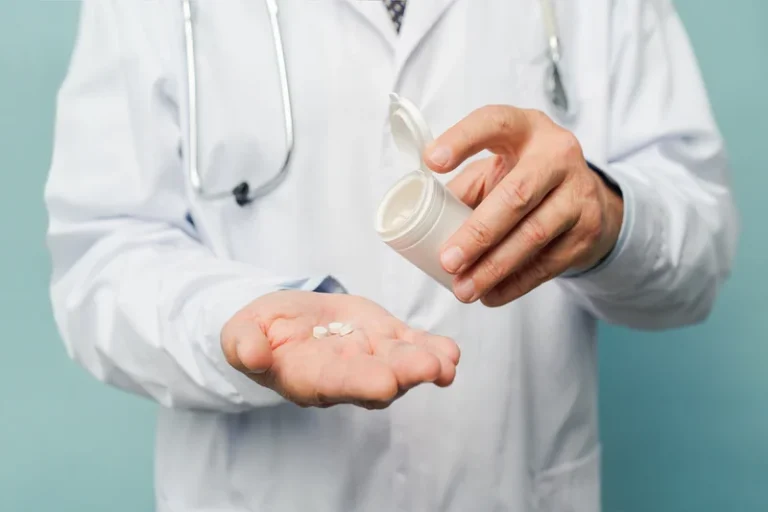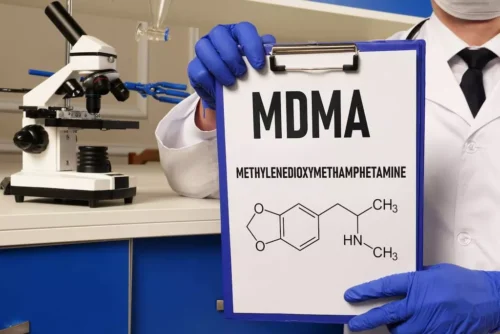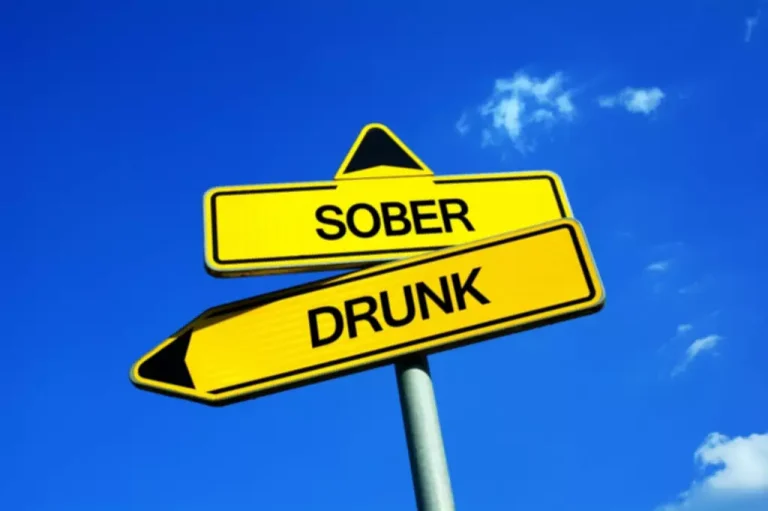
What’s key is to recognize the early signs of relapse, so you can stop a backslide before it starts. A missing piece of the puzzle for many clients is understanding the difference between selfishness and self-care. Clinical experience has shown that addicted individuals typically take less than they need, and, as a result, they become exhausted or resentful and turn to their addiction to relax or escape. Part of challenging addictive thinking is to encourage clients to see that they cannot be good to others if they are first not good to themselves. Clinicians can distinguish mental relapse from occasional thoughts of using by monitoring a client’s behavior longitudinally.
Charitable Care & Financial Assistance
- An alcohol relapse means you go back to drinking regularly after having a period of sobriety without the use of alcohol.
- Federal agencies have launched programs to help people manage withdrawal in jails and provide financial health care support for people who are about to reenter the community.
- Another study examined stress-induced and drug-related craving and physiological responses using individualized scripts of comparable length and style for stress, drug- related, and neutral- related situations.
- What’s key is to recognize the early signs of relapse, so you can stop a backslide before it starts.
As clients feel more comfortable, they may choose to expand the size of their circle. The most important rule of recovery is that a person does not achieve recovery by just not using. Recovery involves creating a new life in which it is easier to not use. When individuals do not change their lives, then all the factors that contributed to their addiction will eventually catch up with them. I have also included a link to a public service video on relapse prevention that contains many of the ideas in this article and that is freely available to individuals and institutions [5]. If you need help or feel like you could be on the cusp of a relapse, remember that addiction is a chronic disease.
- A recently published revised methadone rule now allows any jail or prison registered as a hospital or clinic to dispense medications for opioid use disorder in certain circumstances.
- Returning to rehab after an alcohol relapse may seem disheartening, but seeking treatment can open the doors to hope and healing.
- When it comes to choosing an effective drug abuse treatment program, it is important to find a facility that provides its patients with a full continuum of care.
- It has been shown that the way to get the most out of 12-step groups is to attend meetings regularly, have a sponsor, read 12-step materials, and have a goal of abstinence [24,25].
- 2 Kindling is a phenomenon in which a weak electrical or chemical stimulus, which initially causes no overt behavioral responses, results in the appearance of behavioral effects, such as seizures, when it is administered repeatedly.
What to Do Right After a Relapse
A common question about honesty is how honest should a person be when dealing with past lies. The general answer is that honesty is always preferable, except where it may harm others [14,21]. But sometimes people don’t even realize they took fentanyl in counterfeit Adderall or Xanax pills or while smoking meth. Some events or experiences can be avoided with a polite excuse.

What Are My Treatment Options After a Relapse?

They begin to disqualify the positives they have gained through recovery. The cognitive challenge is to acknowledge that recovery is sometimes hard work but addiction is even harder. If addiction were so easy, people wouldn’t want to quit and wouldn’t have to quit. The negative thinking that underlies addictive thinking is usually all-or-nothing thinking, disqualifying the positives, catastrophizing, and negatively self-labeling [9]. These thoughts can lead to anxiety, resentments, stress, and depression, all of which can lead to relapse. Cognitive therapy and mind-body relaxation help break old habits and retrain neural circuits to create new, healthier ways of thinking [12,13].

The power of protective layers: Employers advancing whole-person health
Clinical experience has shown that this stage usually lasts 2 to 3 years. It is hoped that more severely mentally ill people will obtain life-saving treatment and pathways to better housing. Ever find yourself returning to alcohol after weeks or months of sobriety? Discover how our brains distort past memories and the science to overcome relapse. Getting out of a high-risk situation is sometimes necessary for preserving recovery.
Addiction: What to Know About Relapse
Be careful if you begin to have mood swings and exaggerated positive or negative feelings. Genetic, psychological, social and environmental factors can impact how drinking alcohol affects your body and behavior. Theories Alcohol Relapse suggest that for certain people drinking has a different and stronger impact that can lead to alcohol use disorder. If you are struggling with addiction to alcohol or drugs, substance use treatment can help.
It’s fine to acknowledge them, but not to dwell on them, because they could hinder the most important action to take immediately—seeking help. Taking quick action can ensure that relapse is a part of recovery, not a detour from it. You may begin to change the daily routine that you developed in early sobriety that helped to replace your compulsive behaviors with healthy alternatives.

- Different types of treatment programs offer various levels of care to meet you where you are in your recovery process.
- Here I highlight important work being done at NIDA and other news related to the science of drug use and addiction.
- Cognitive resistance weakens and a source of escape takes on appeal.
- Upon relapse, some individuals may require inpatient treatment to stop using and manage symptoms of withdrawal.
- It is important to know that relapse does not represent a moral weakness.
